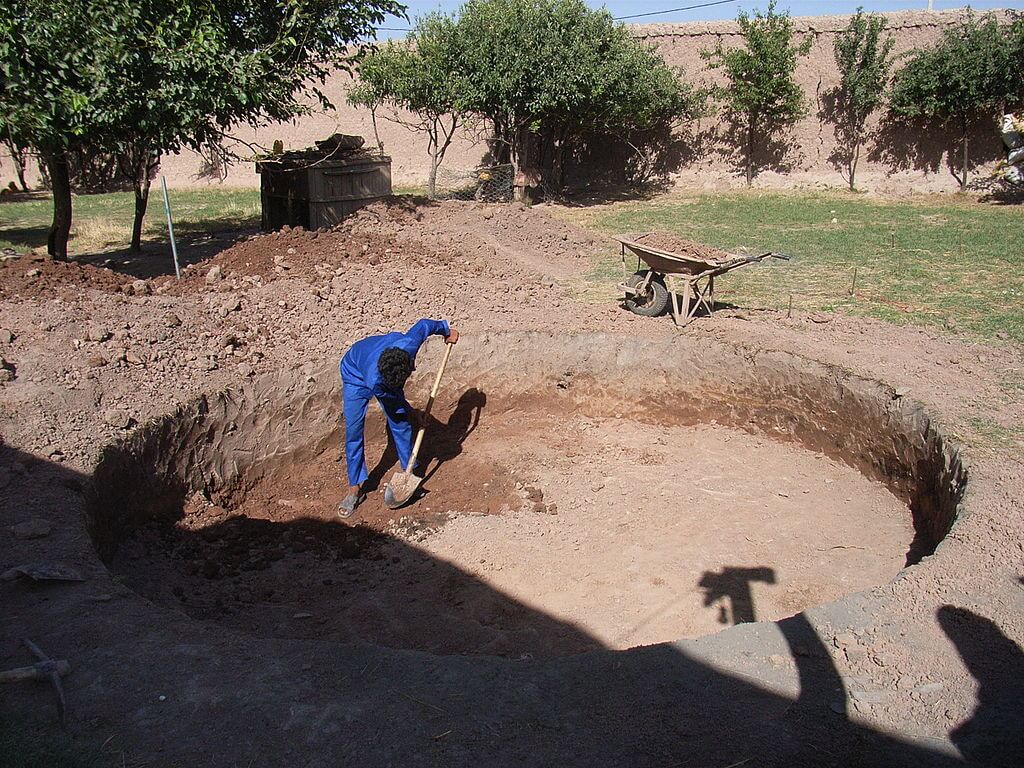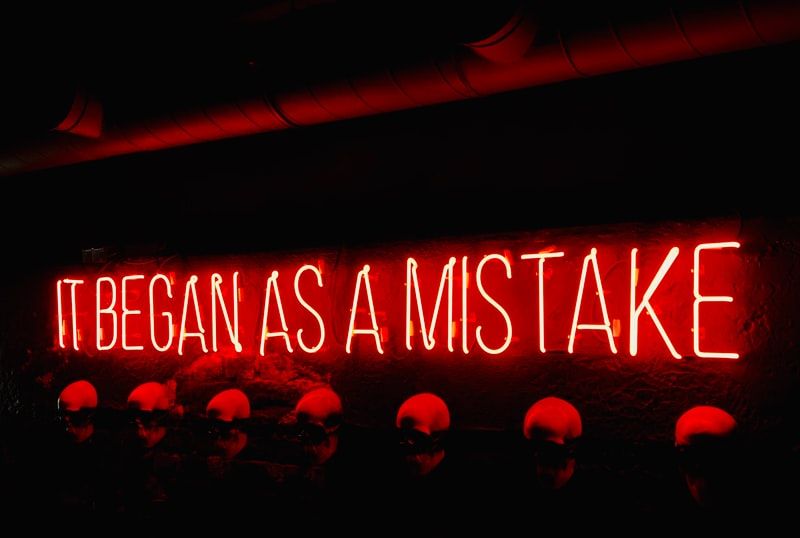The problems started small, as they often do. But as we've seen many times before, lots of small problems in quick succession tend to make one big problem.
In this case, the problem got big fast. It started off easy enough: read the big report, find the bug, fix it, the usual. Our bug-tracking team located the source of the issue right away, and my team set about trying to work out the fix. We found the data source that was causing the issue, and it happened to be a web service owned by another team. We couldn't see into it, we could only see the inputs and outputs; it was essentially a black box to us.
Here's where the bad part starts. Due to a lack of efficient communication on all sides, impending deadlines, frustrated coders and general hesitancy to deal with this particular, ahem, time-intensive project, the actual bug fix took about four days to nail down. Yes, four days; we were just as annoyed as you are, and probably more so.
To make a long story short, the project we were attempting to deal with was:
- old,
- slow,
- in desperate need of a rewrite,
- using a data source which we had no visibility into (the aforementioned service),
- not written by anyone currently on the team,
- still our responsibility to fix AND
- needed to be fixed right friggin now.
You should read that list and cringe a little for each bullet point. I know I did.
All of those problems put together (plus the fact that it took us four days to figure it out) prompted my manager, normally a well-reasoned, thoughtful individual, to say during our bug post-mortem:
"I'm starting to really loathe this project. It's getting to the point where I don't trust anything that we didn't build."
I have to say, it's hard to blame him for wondering if we shouldn't be using things that were not invented here.
It's incredibly easy for a software development team, even an experienced one like mine, to fall into the comfortable trap of believing that everybody else's code is terrible and their own is awesome. We developers often forget (or, quite possibly, want to forget) that most of the time the bug is in our code, no matter how much we wish that it wasn't.
Do this enough and the untamed wild of other people's code starts to look like an intimidating place. It's safer, easier, to believe that your code is correct and everyone else's is wrong, because that means you don't have to spend time trying to understand what the other person was thinking. Or, just as often, spending time figuring out how you are wrong, something nobody enjoys doing.
I've written before that I believe code should exist for a reason. The difficulty in working with other people's code is that not only are you trying to understand what the code does, you're trying to comprehend the reason why it does that. That's a difficult thing to accomplish in the best of times (efficient communication being a feat that usually fails, except by accident), and when you're approaching a deadline and trying to have a meaningful conversation with the original developer who has his own deadlines and responsibilities to deal with, it can be nigh impossible.
Let me be perfectly honest: there are times I completely understand my manager's frustration. It would be SO much easier if the only code I had to deal with was my own, because then the only stupid person in the equation is me and I can fix that. Dealing with other stupid people is infinitely more frustrating than dealing with your own stupidity.
To be clear, I am not calling my coworkers stupid; they are in fact quite the opposite. But it's tempting to fall back to lazy thinking and believe they are stupid merely because they were dealing with requirements and scenarios that I didn't have time to thoroughly understand. That temptation, to believe that things are stupid because I don't understand them, is something I find myself fighting against on a daily basis. It's an innate human quality, and not unique to programmers or other technical people.
Here is a basic fact of life: people, on the whole, are not stupid. Programmers do not write code for no reason, as the best code is no code at all and if we could have our way there would be no code, ever. But because code needs a reason to exist, it almost certainly had a set of requirements, or scenarios, or something which shaped its current form. Even if those requirements were merely thoughts in the original developer's head, they existed. It is not the fault of that developer that some idiot who saunters up to a laptop and is trying to break her code doesn't understand what said code is meant to do.
But it's easy to think that, isn't it? It's easy, it's simple, it's lazy. When we don't have time or energy to think, really think, the lazy thoughts are what we are left with. Given that programming is an almost-entirely-mental task, accepting the lazy thoughts as fact could even be seen as a reprieve from needing to think critically all day, every day.
Resist the lazy thoughts. Resist the idea that your fellow programmers are stupid, or wrong, or only doing a half-done job. Resist Not Invented Here syndrome. Resist the idea that because someone didn't understand you, they're dumb. Resist all these little thoughts that end up with a conclusion of "those other people are stupid," and instead try to answer "what were they trying to accomplish?" There's nothing wrong with digging a little deeper for a better understanding.
That's what I say to you: resist the lazy thoughts, and dig a little deeper. You will eventually have to trust something you didn't build. If you keep digging, you'll find what you are looking for.
Post image is Digging a hole for the digester from Wikimedia Commons, used under license.









